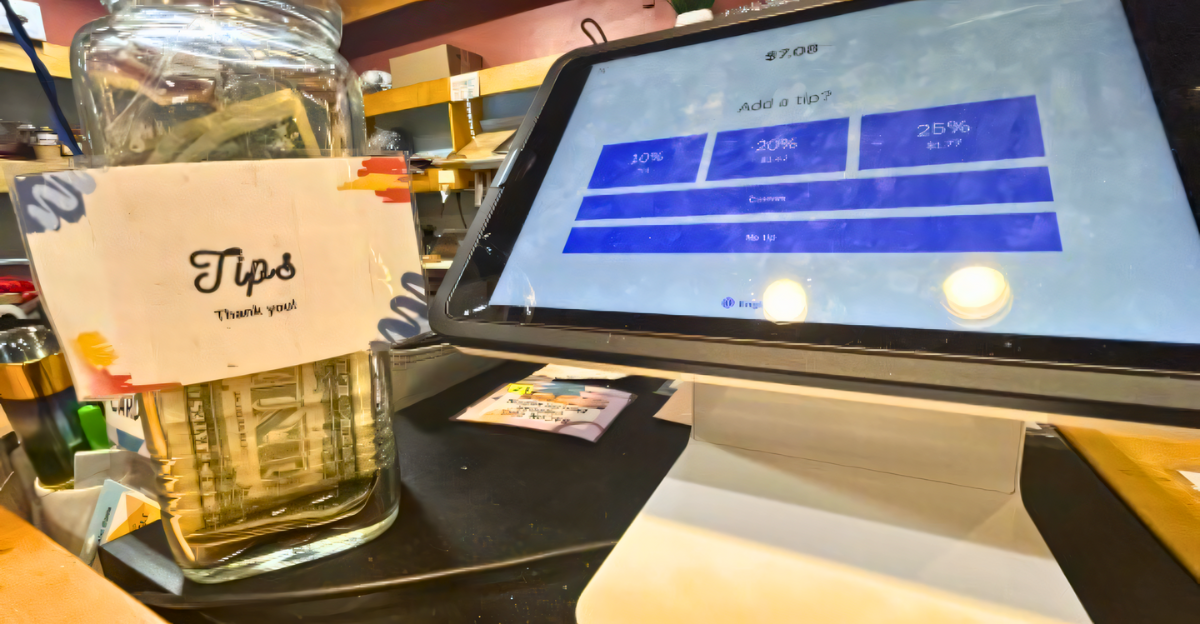
America’s tip culture has become increasingly complex, with many wondering what precisely warrants a tip and how much to give. Something that was once exclusively reserved for superior service is now requested for routine services, raising questions of fairness and openness.
From grocery store self-checkout lanes to baggage claim services, tipping has moved far beyond its original purpose. The pressure to tip correctly is now a societal expectation that has frustrated many.
So let’s take moment to examine 15 scenarios in which tips are asked for but aren’t necessarily earned, or warranted, exposing the rampant trend of “tipflation.”
1. The Self-Checkout Points
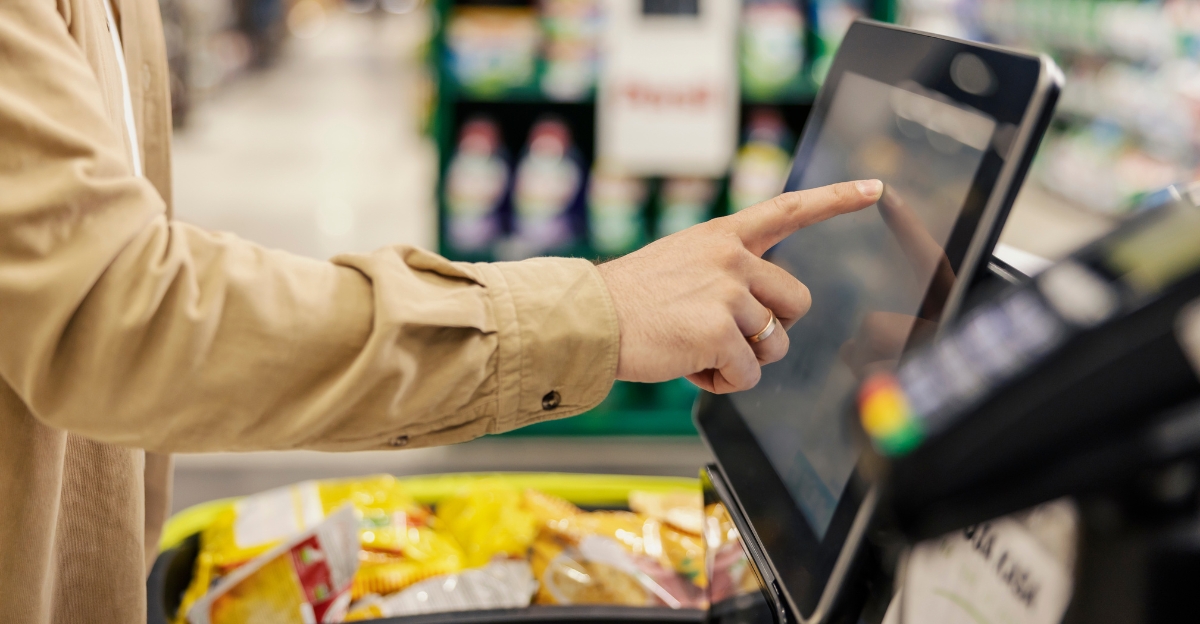
When using a self-checkout point, you scan your items, bag them, and then pay, all unassisted and yet the screen will still ask, “Would you like to leave a tip?” Many beg the question: What exactly am I tipping for here?
Automation is meant to be speedy and affordable, not another place to spend money. This isn’t service; it’s a robotic guilt trip.
2. Fast Food Drive-Thru

Again, at a drive-thru the process is simple: order, pay and drive off. The employee hands you your food and that should be it. But now, at some chains, they’re expecting a tip.
The practice has been met with consumer anger, with lots of people questioning its morality. Why tip for a transactional process? Employees deserve their wages but asking customers to pay extra for a service they’ve already paid for is taking it too far.
3. Hotel Front Desk
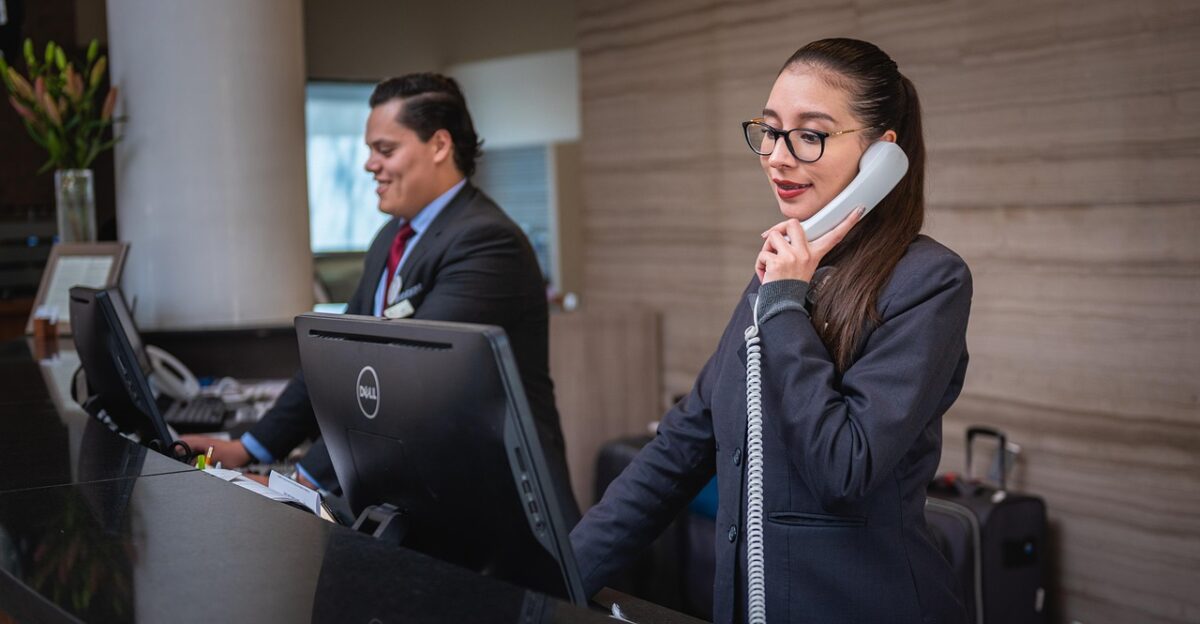
Hotel checkout is another example of a transactional process. You’re handed a key and escorted to your room. The pressure of tipping front desk staff has been growing, and there’s controversy around whether it’s actually required.
Front desk staff don’t generally perform personal service tasks like concierges or housekeepers, so why provide a tip, especially since hotels sometimes charge resort fees?
4. Online Grocery Deliveries
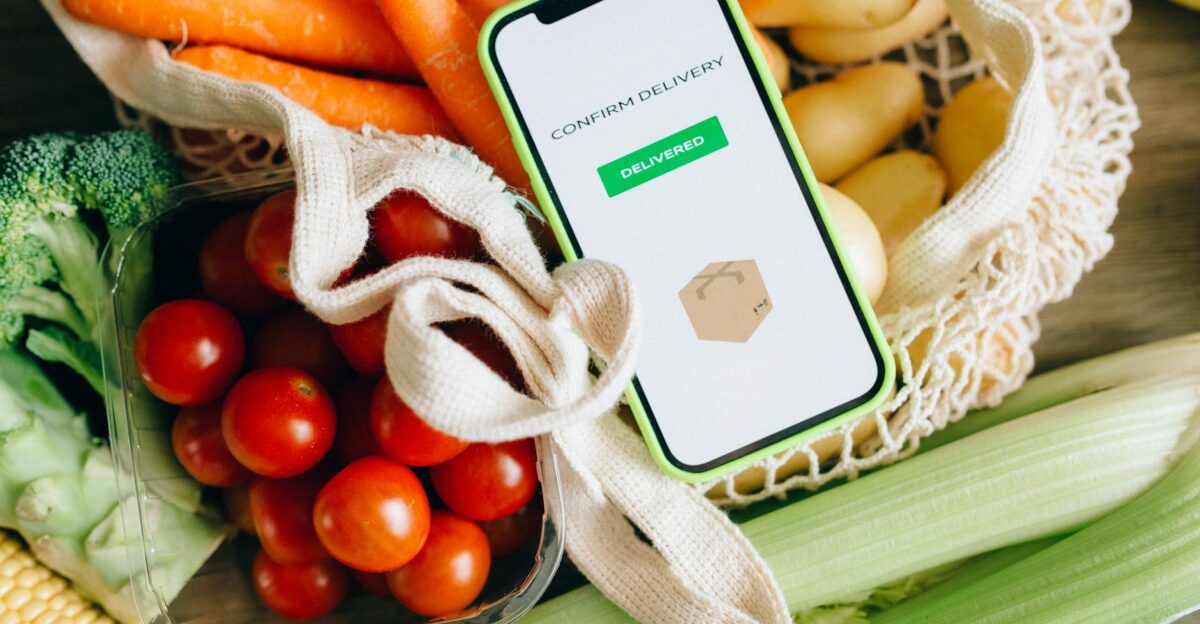
Ordering groceries online to be delivered to your front door is a widely convenient service, but many consumers are now being asked to leave a tip for the delivery driver, sometimes before the delivery has been made.
While tipping is a way to show appreciation, the expectation can feel out of place when the delivery process is simply a logistical task. Might this be the added cost for convenience?
5. Car Wash
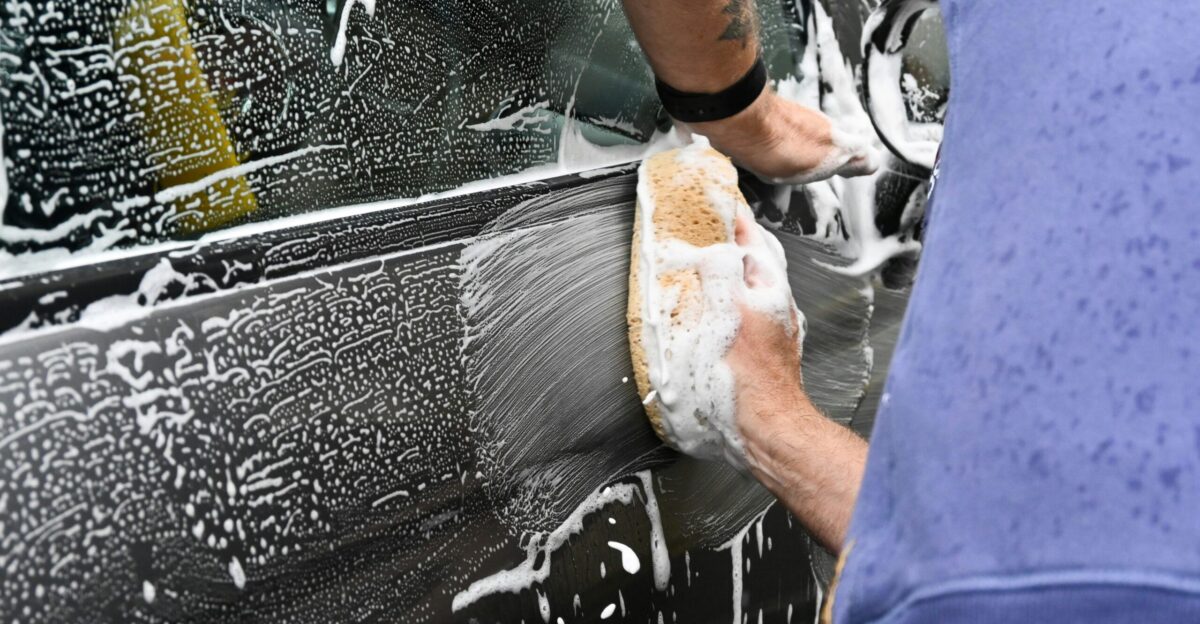
At some car washes, you’re expected to tip even if you’re doing the work yourself. If you’re washing your own vehicle using a self-serve machine or have an automated washer, it’s rather unreasonable to expect a tip. This has been criticized as exploitative and deceptive, particularly where no further service is being offered.
6. Food Delivery Apps
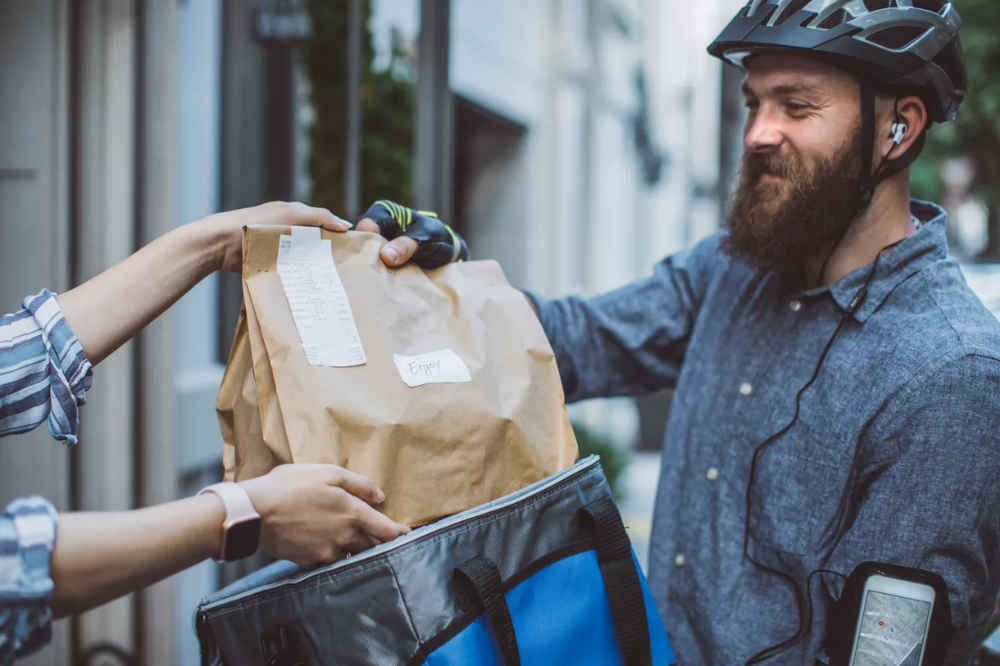
Ordering takeout through an app oftentimes requires you to tip before service is provided. So before you know that your meal will be delivered on time and in good condition, you’re still forced to reward service beforehand.
This arrangement places customers in a dilemma: if the service is bad, is it too late to ask for a refund, or is the tip now a requirement for convenience?
7. Ride-Sharing Services
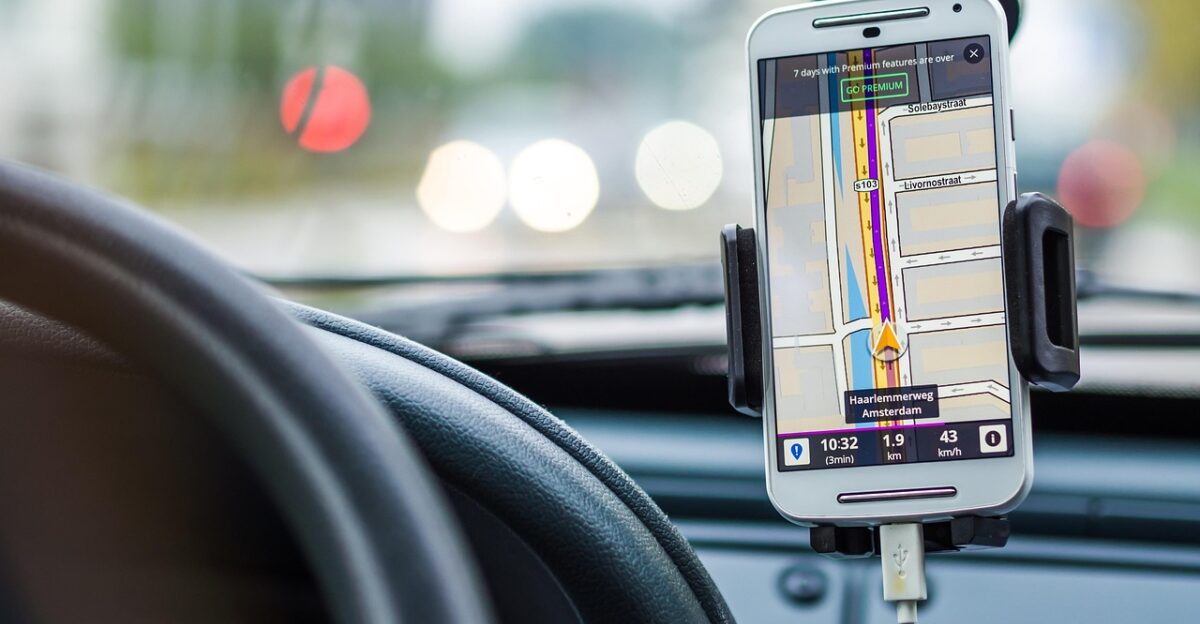
When using ride share services like Uber or Lyft, you’re often prompted to tip. Drivers like them, but the ask can feel intrusive, especially if the driver isn’t up to snuff. It can create an uncomfortable situation in which users are forced to pay for bad service.
The increase in tipping requests is beginning to feel more like a duty and less like a token of appreciation for good service.
8. Valet Parking
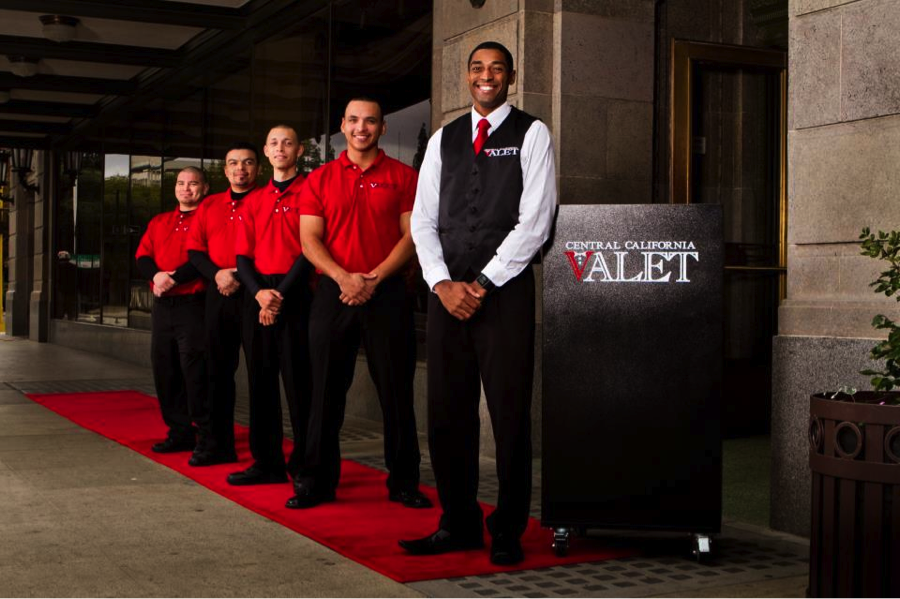
Valet services usually have a tipping expectation. But the fee for the service, one would think, already includes it. When you pay for valet parking, it’s meant to cover payment for the service, so why the expectation to tip as well?
This leads to the question of whether tipping is to be expected for all services, even if the price already includes the effort.
9. Hotel Housekeeping
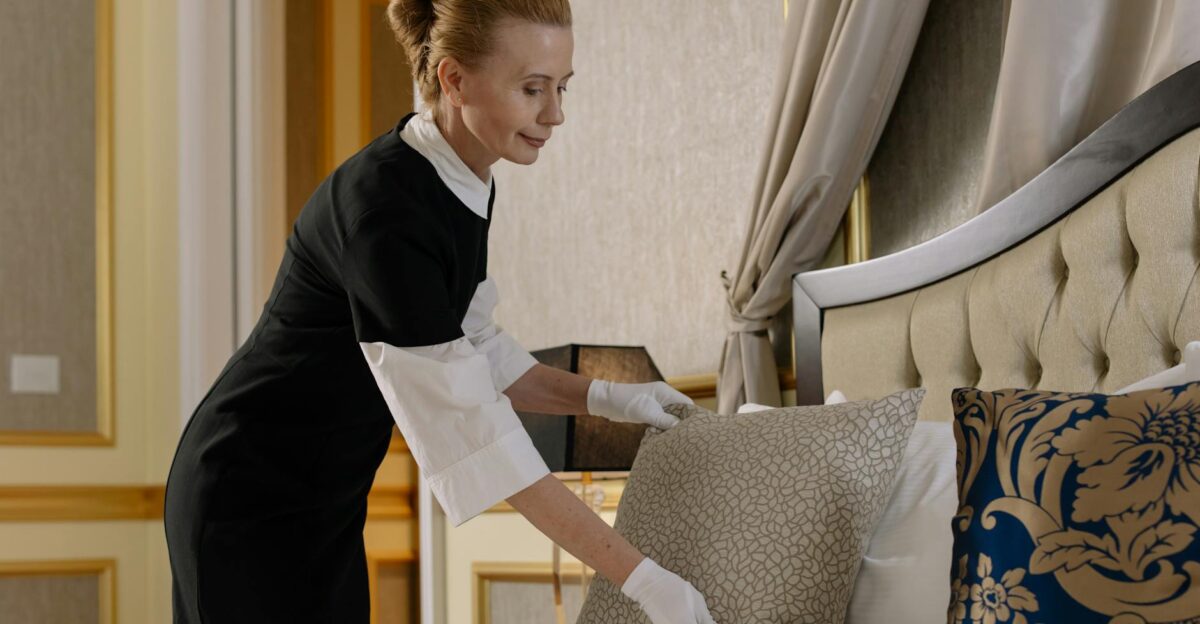
Housekeeping is an important service, but the expectation to tip after every daily cleaning is increasingly being seen as a means for employers to circumvent the need to pay a fair wage. Further, many hotels now include a tip fee, despite the cost of housekeeping being already factored into room charges.
While showing respect to diligent working personnel is of utmost importance, others argue tipping shouldn’t be used to shift the responsibility of fair pay to the client.
10. Hotel Concierge
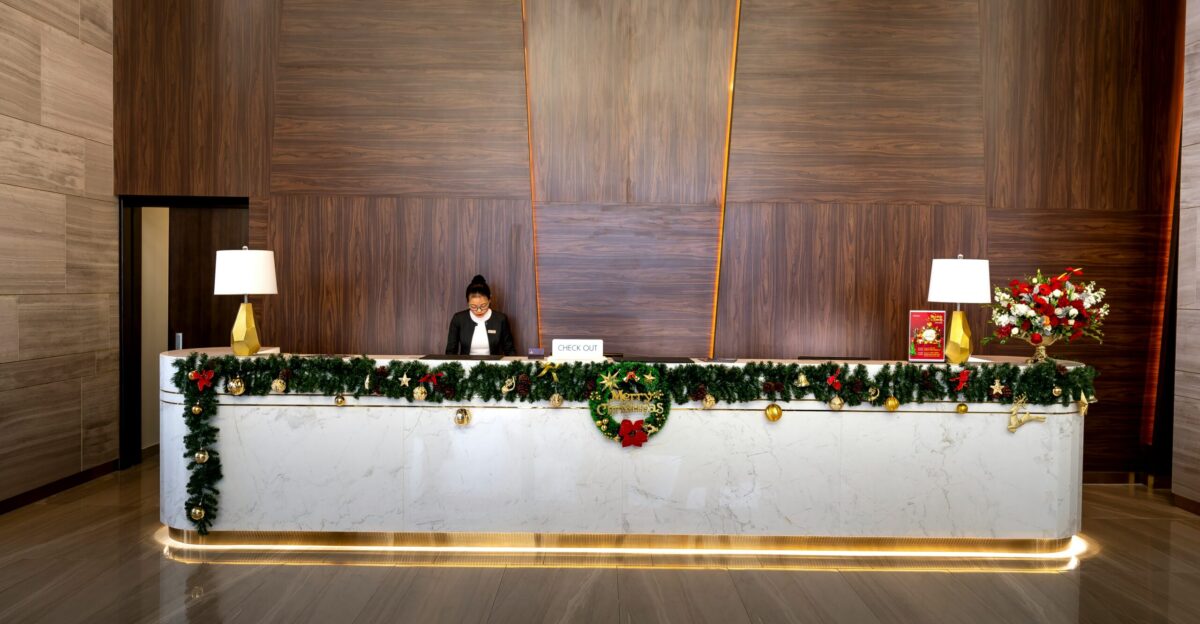
Concierges are known to provide the best insight into local delights, but paying for advice or information through tips seems unnecessary, especially if the service is part of the hotel’s offerings.
Most of the guests believe that the concierge position is generally part of the hospitality package, not a special service requiring a tip, opening up the debate as to whether tipping in such cases is ethical if the service itself is something that could fall under the initial price.
11. Hotel Bellhop
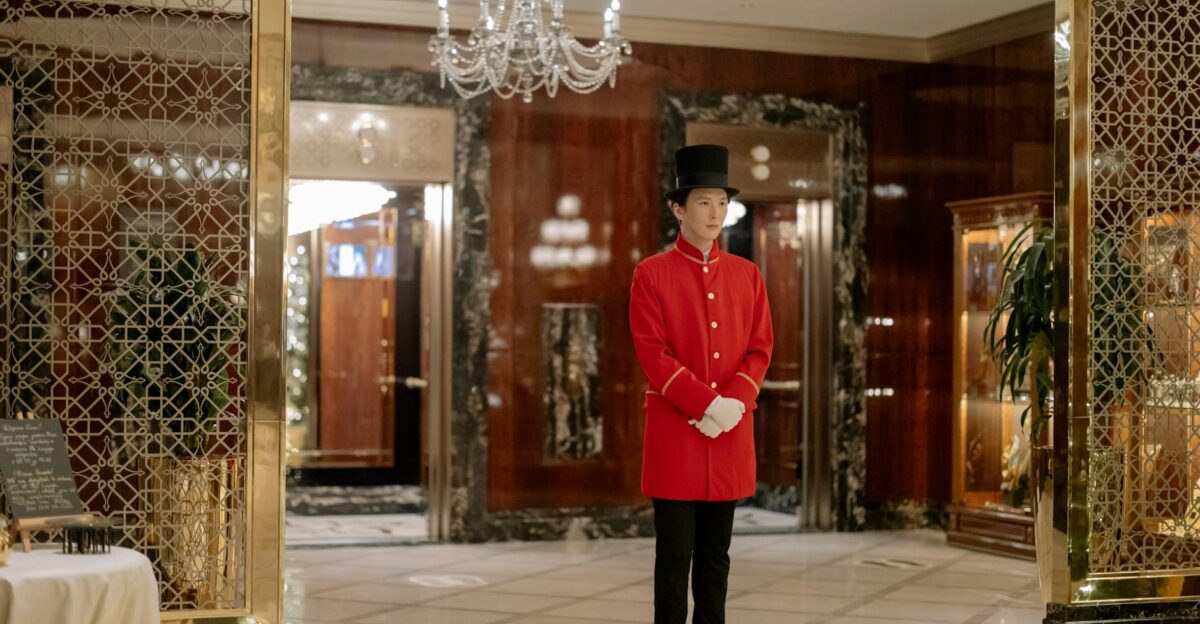
Bellhops carry luggage, but tipping for doing this is questionable, especially if the hotel charges a resort fee. Bellhops, while they’re indelibly hard workers, may do minimal work for individual guests, making some wonder if this is a service worth tipping for.
While select hotels have made tipping for this service a de facto requirement, the cost of staying at the hotel should factor in these services.
12. Baggage Claim at the Airport
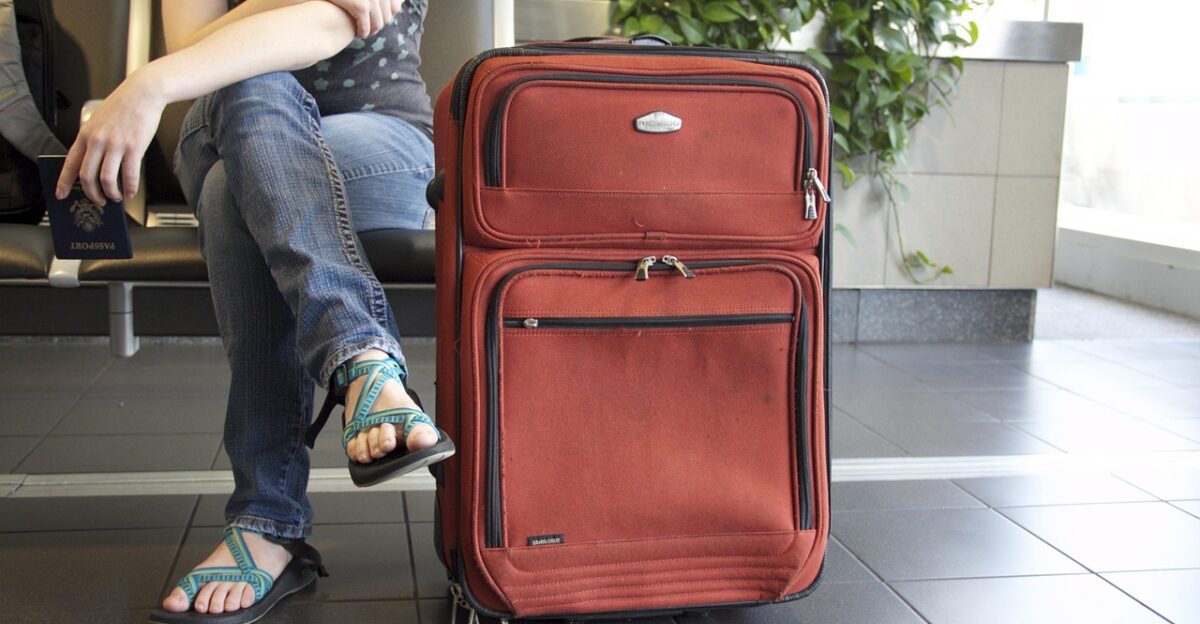
Having your own luggage pulled out of the carousel doesn’t appear to be a service that requires a tip. Nonetheless, some airports have added tipping stations, which brings into question their necessity. When you’ve already paid for the flight, the expectation to tip for something as simple as picking up your luggage can feel like an unwarranted expense.
13. Online Shopping Deliveries
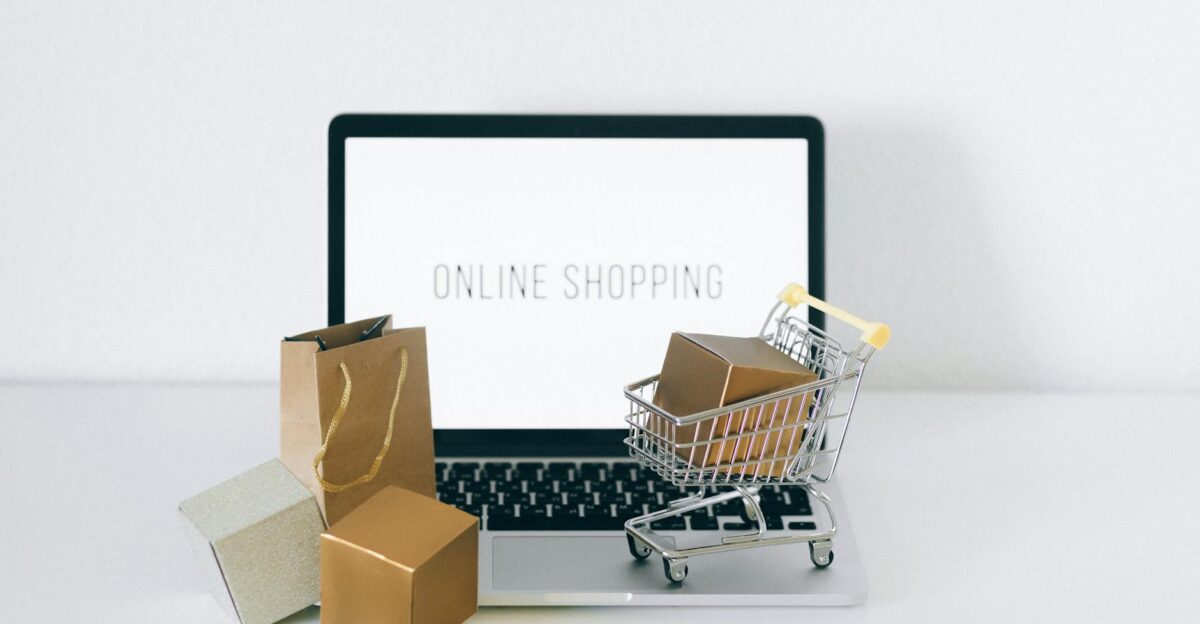
The delivery of a package to your doorstep is a service, yet there’s an increasingly expected practice of tipping delivery drivers that has fueled debates over fairness.
Delivery drivers are an integral part of e-commerce, yet if you’re already paying for shipping and some companies have added a delivery fee for each order, making many feel that tipping over and above this is simply asking too much.
14. Coffee Shops

You have your coffee made by baristas, but the pressure to tip for a simple transaction is staggering, especially when service is an inherent part of the business. Coffee shops have increasingly turned to tipping to cover low wages, putting the burden on customers to fill this gap, and leaving them ill at ease.
Most consumers assume that the price of coffee already includes the price of service and will only tip for truly outstanding experiences.
15. Online Services

Some online services, such as digital customer service chats, now request a tip after a virtual encounter. This custom has been met with confusion and frustration, as the service provided is intangible and the quality negligible. This tradition appears to take tipping too far, turning online transactions into a service whereby companies get more money than they deserve.
It raises the question: Where will we draw the line between genuine service and digital convenience?